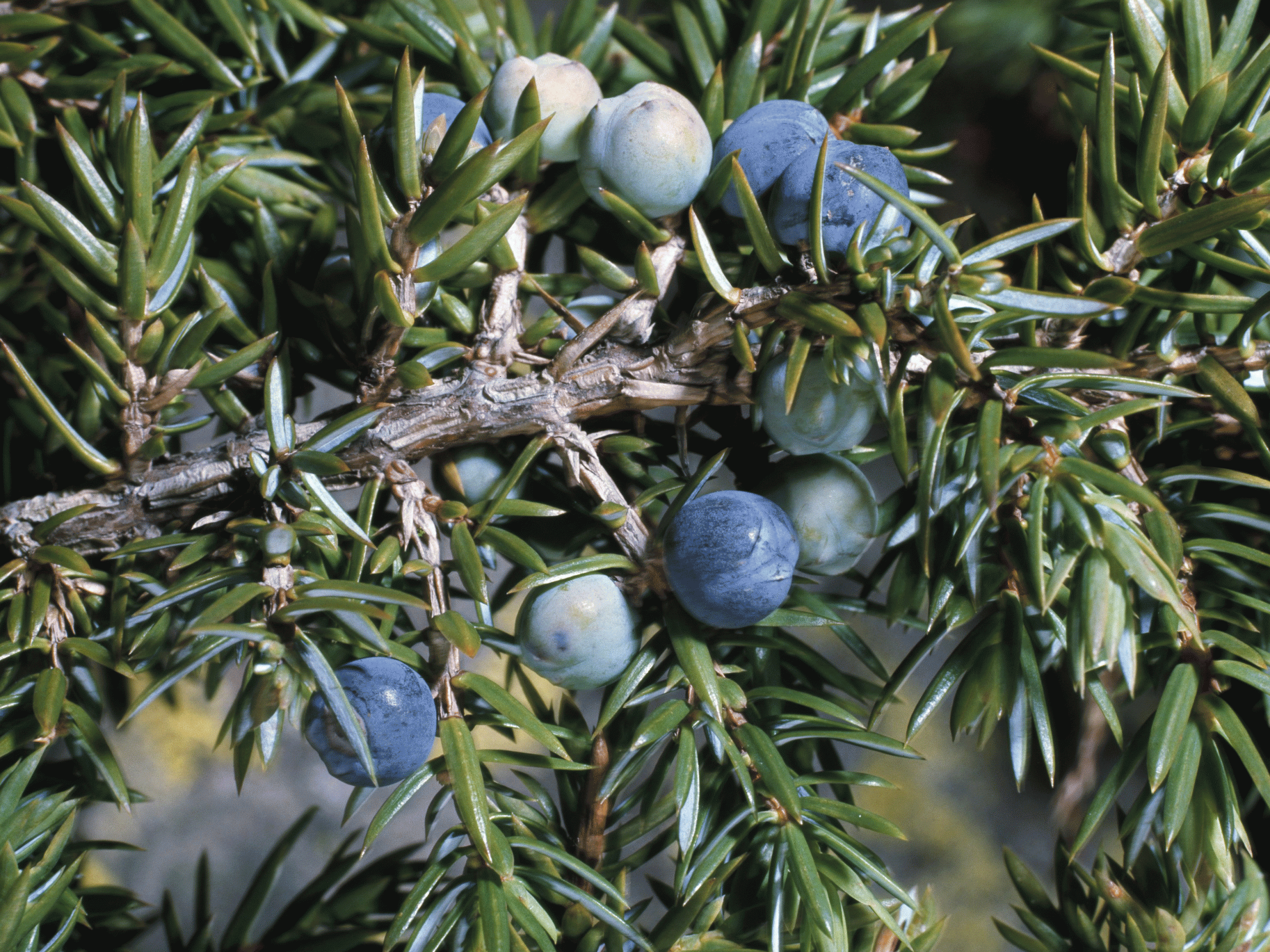Juniper berry in Scotland in 'critical state' because of disease
Too many plants, which are rare in the UK, are also old and not producing seeds

The most important ingredient in gin is under threat from disease in the UK.
The juniper berry, which gives the spirit its particular taste and makes it legally "gin", has been found to be in decline by wildlife conservationists in Scotland.
Amateur group Plantlife has warned that juniper is in a "critical state" because of a deadly fungal disease called phytophthora austrocedrae.
It is not the first warning about juniper, but a survey by the group shows 63 per cent of bushes above the border appear to be brown or orange - instead of green with purple berries - as a result of the pathogen.
Deborah Long, head of Plantlife Scotland, said the future of juniper "must be ensured."
"We know juniper populations are struggling, but they now face an additional threat," she told the BBC.
"It is thanks to these citizen scientists who have been helping us monitor the species, that we can start working with land owners to help juniper communities become more resistant to the threats they face."
The coniferous tree is already one of the rarest plants in the UK with only 400 hectares left, according to The Woodland Trust - although it is comfortably widespread around the world.
Yet the deadly pathogen, which often causes the death of the host tree, is worsening a situation in which 79 per cent of plants in Scotland are too old to produce enough seeds.
The berry, which is in fact a cone and also supports wildlife, is dried and distilled with water and other ingredients to make the key ingredient in a gin and tonic.
Gin is believed to have been drunk as far back as the late 1660s, when William of Orange relaxed the rules around amateur spirit-making - making it the drink of the poor before it rose to become a fashionable tipple.
Subscribe to Independent Premium to bookmark this article
Want to bookmark your favourite articles and stories to read or reference later? Start your Independent Premium subscription today.

Join our commenting forum
Join thought-provoking conversations, follow other Independent readers and see their replies